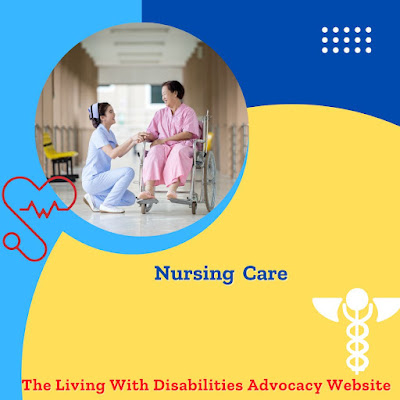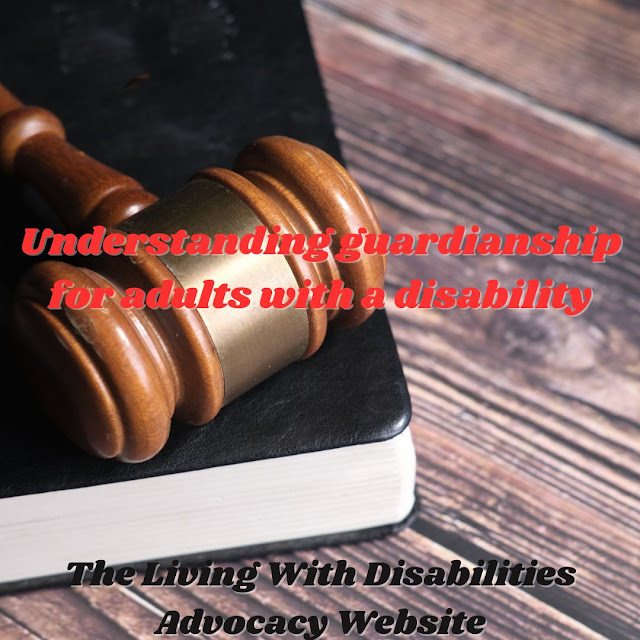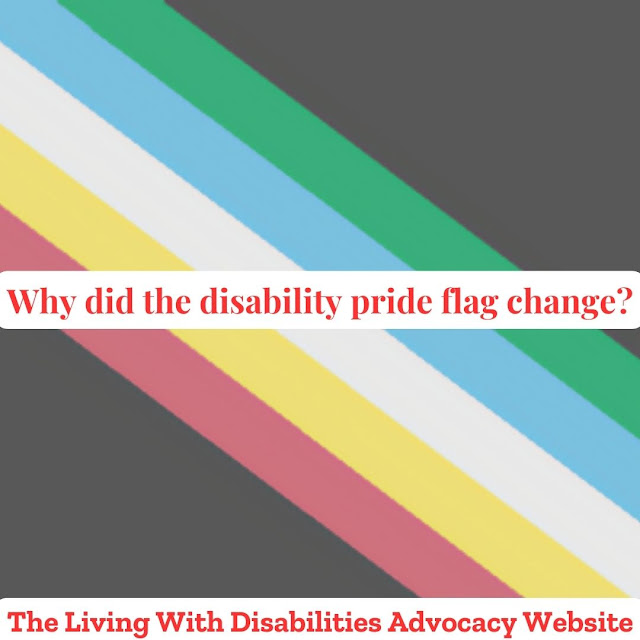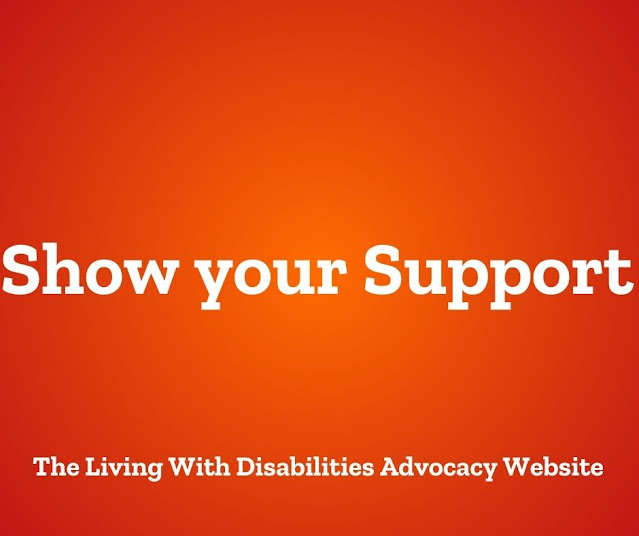Nursing Care
Receiving a caregiver in a nursing facility is the topic of discussion this week.
You always want what's best for a loved one when it comes to providing care. In particular when it comes to finding someone to look after your child or even your parent. We'll discuss the opposing views when determining the type of care that either a child or parent will require.
Since this piece is rather demanding in a good way, it needs to be heard very clearly. Let's start with the bad news and move on from there.
A disability of some kind is estimated to affect 12% of the population, and 94% of those individuals are adults older than the age of 18. Sadly, abuse occurs to millions of people who are both physically and mentally disabled. including financial abuse.
How does abuse relate to this article then? When it comes to providing your loved one with the proper care, caregivers do abuse their patients, whether in a nursing home or at home. Those who are unable to speak for themselves are the ones who experience abuse. Furthermore, no caregiver should ever mistreat their patients; tragically, there are still caregivers who do this today.
To resolve the abuses in these circumstances, it is first necessary to undertake a thorough investigation. They underwent an evaluation when they initially started working there, but since something was missed, they now require another evaluation. In other words, if you put something down and then go back to look for it, even though you knew it was right there the entire time. There needs to be another assessment of the hiring supervisors at these nursing homes.
When it comes to caring for people with disabilities, we have discussed how abuse and caregivers are related. However, don't forget about the elderly either. Elderly people with age-related disabilities or conditions. Now let's talk about what is considered appropriate care for a person with a disability.
In contrast to nursing care, Living With Disabilities seeks to deliver a lecture on nursing home care. Consider the kind of neighborhood you want to live in when looking for a place to call home. Would you relocate there without investigating the neighborhood or reading reviews of the property that owns that specific building? even reading feedback from patients about the care they received or from family members about the care their loved ones received. In conclusion, it pays to research nursing homes before placing a loved one there.
Consider how you would feel if you spent a day or more in the shoes of your loved one. In particular, if a loved one is non-verbal, as society refers to it "If something were to happen, how would I be able to communicate with someone? How do I talk to someone about how I was taken advantage of?" At this point, you put on your Sherlock Holmes glasses and begin your investigation. Many parents are instantly prepared to pack their children's suitcases and send them off in someone else's care. This is when abuse tends to start for patients who cannot speak for themselves without completing a physical examination of the institution where their child will be staying. When your child no longer resides under your roof, do you cease to be a parent who cares for them? How can you, as a parent, continue to safeguard your child in these situations? There is a great deal to consider and research that needs to be done. if you intend to entrust a nursing home with the care of your child.
How to ensure that, even when your child is an adult, you remain informed about their care:
Once again Living With Disabilities is not a licensed professional counselor or healthcare provider. What you will read and hear are suggestions.
1. building a very close-knit relationship with the facility and staff through visits and staying in touch regularly. Even if you can't visit, find a way to stay connected. Even if you have to use conference calling, stay connected daily. Don't let a single day go by without staying connected.
2. A relative submitted a job application there. When family member works there, they can observe and learn about what is happening, which allows them to learn more about their family member and the people who are developing relationships with them.
3. Ask to have a shared camera installed in the space where your child will be spending time. Be sure to research the state and the law before making a request. You can do it if you reside in California.
The key to providing nursing care is to maintain contact every day of the week, 24 hours a day.
Let's hear your opinions.
If you need online support,Disability Safe Haven is great for receiving support. The We Care Team is very protective of its members and asks everyone who joins, to have a profile picture and answer the security questions.
Reference links




Comments
Post a Comment